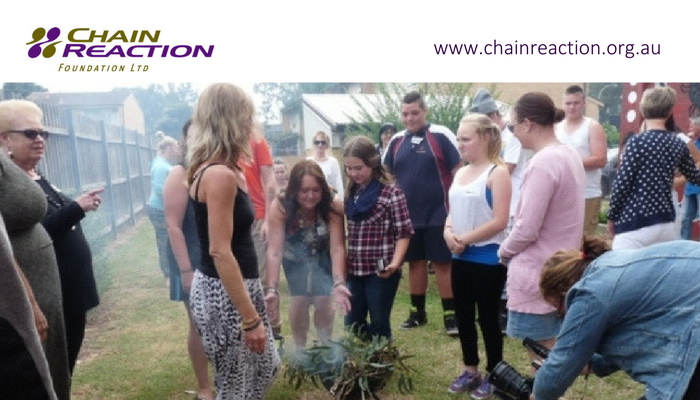What Makes an Engaged, Diverse Community?

Building an engaged and diverse society is one of the biggest challenges for Australia today. Australian citizens have always acted voluntarily to build the communities they are part of. They have created organisations both formally and informally, which have been committed to various issues. Examples include education, social justice, the environment, employment creation, housing and health. However, there are current trends towards exclusion, based on age, gender, race, and religion. These exclusions inhibit the ability for communities to thrive.
A New Epidemic
Recent evidence points to decreasing citizen empowerment. People feel remote from the processes that affect their lives and let down by the government at all levels. Citizens speak of being disillusioned by the greed and poor governance they see in business. They are overwhelmed by the individualism and competition they see in community organisations. What is more, 4 out of 5 people currently in relationships have had major difficulties in recent years.
We already see the demands of a new epidemic in mental health issues. This includes depression in children as part of the knock-on effect of what is happening to the parent generation. According to the organisation Kids Matter, an estimated 1 in 7 school-age children has a mental health problem. All this can be seen as a serious sign of dysfunction in society.
Diverse Citizen Action
We need to examine the factors that encourage citizen engagement and harmonious living. We also need to examine what it is that hinders these processes in their development. We need new and diverse leadership. We would like to see the kind of community engagement which grows from social cohesion and inclusion.
An engaged, diverse community can be achieved by building social capital. Social capital is defined by the Australian Bureau of Statistics as "social relations of mutual benefit, characterised by norms of trust and reciprocity". It has been gaining interest as something which can enrich communities.
New leadership strategies at national and local levels can help to include people in community events. Stronger alliances are needed between businesses, government, and community. This will help towards strengthening citizenship and encouraging participation. New spaces are needed for public life, such as town halls, leisure centres and parks.
We need to encourage citizen endeavours, taken up by people of diverse backgrounds, walks of life and spiritual beliefs. When speaking of our citizens we should think of all human beings living in our country. Such actions build a truly participatory democracy and show civil society at work. They are the foundations on which pluralism, respect for human rights, and the cohesiveness of society rest.
Margaret Bell, AM - Founder and CEO of Chain Reaction Foundation.
| Website | Donate to our Foundation | Contact Us | Purchase the Book |
